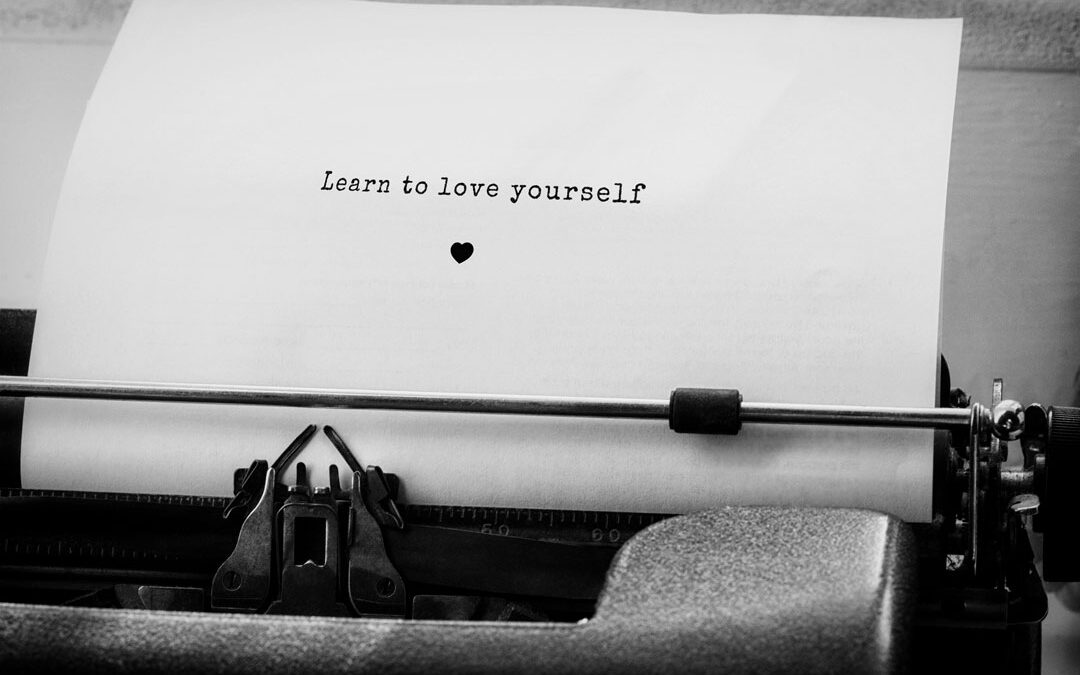 I don’t know about you, but I sometimes envision God looking down at me from the heavens and laughing hysterically. She or He is nodding his head back and forth, saying, “Oh, Luella…you poor thing, if only you would just…” Me: Trust...
I don’t know about you, but I sometimes envision God looking down at me from the heavens and laughing hysterically. She or He is nodding his head back and forth, saying, “Oh, Luella…you poor thing, if only you would just…” Me: Trust...
 Many of us would love to call ourselves trustworthy, but are we? And do we trust our partners? Do we even trust ourselves? What if we find ourselves one day discovering that we have stepped into the chasm of betrayal by our partner. Now what? Would it be a deal...
Many of us would love to call ourselves trustworthy, but are we? And do we trust our partners? Do we even trust ourselves? What if we find ourselves one day discovering that we have stepped into the chasm of betrayal by our partner. Now what? Would it be a deal...
 When asked to describe your relationship, would you be inclined to say “When we are good, we are really, really, good. When we are bad, we are really, really bad.”? When I hear this from my clients, I know their relationship needs serious repair. I suspect you are...
When asked to describe your relationship, would you be inclined to say “When we are good, we are really, really, good. When we are bad, we are really, really bad.”? When I hear this from my clients, I know their relationship needs serious repair. I suspect you are...




